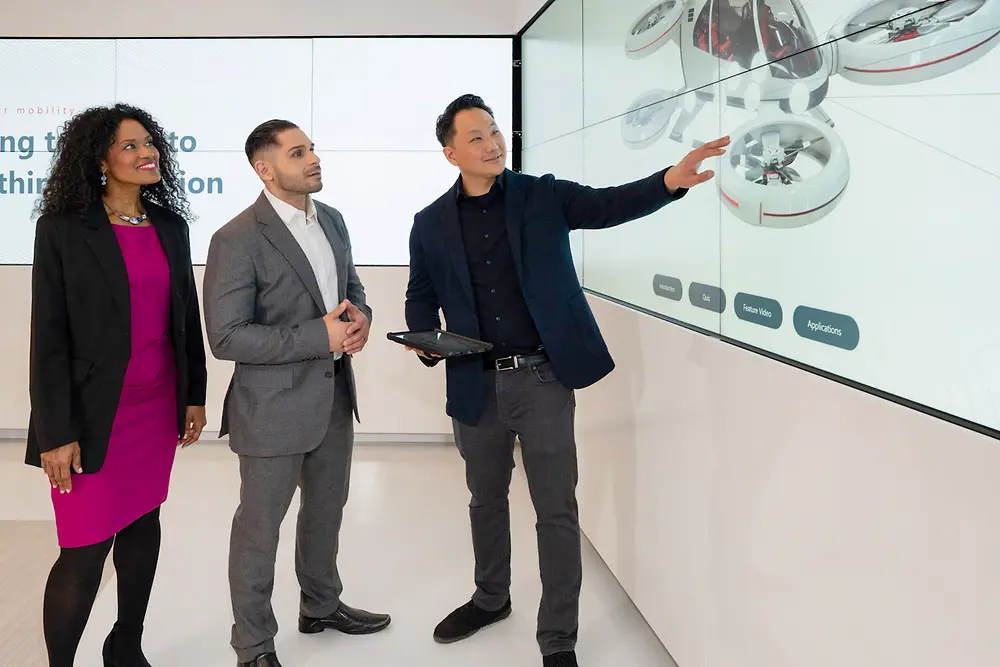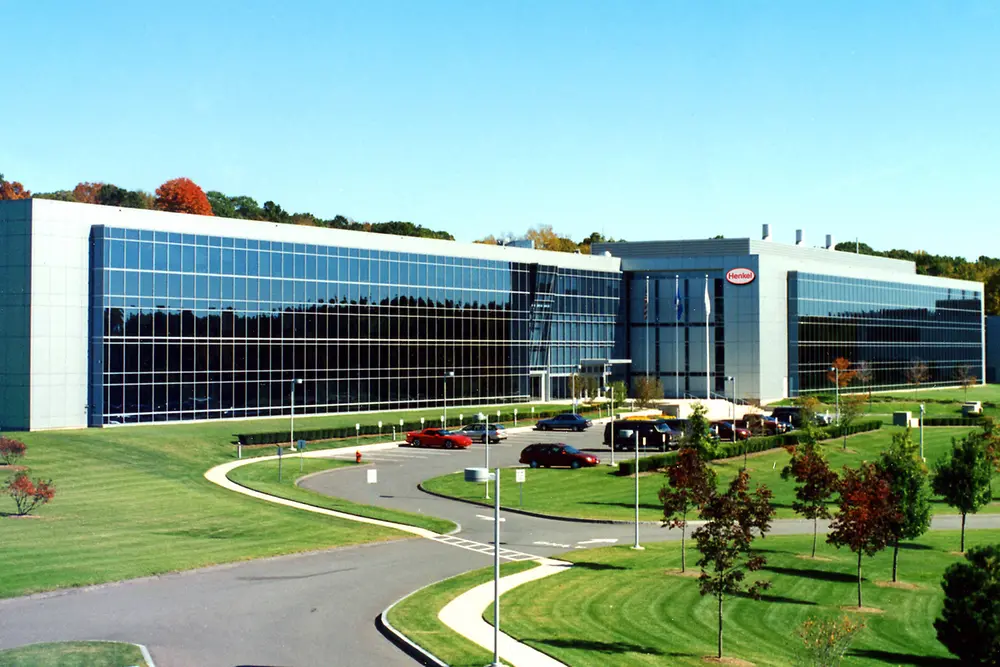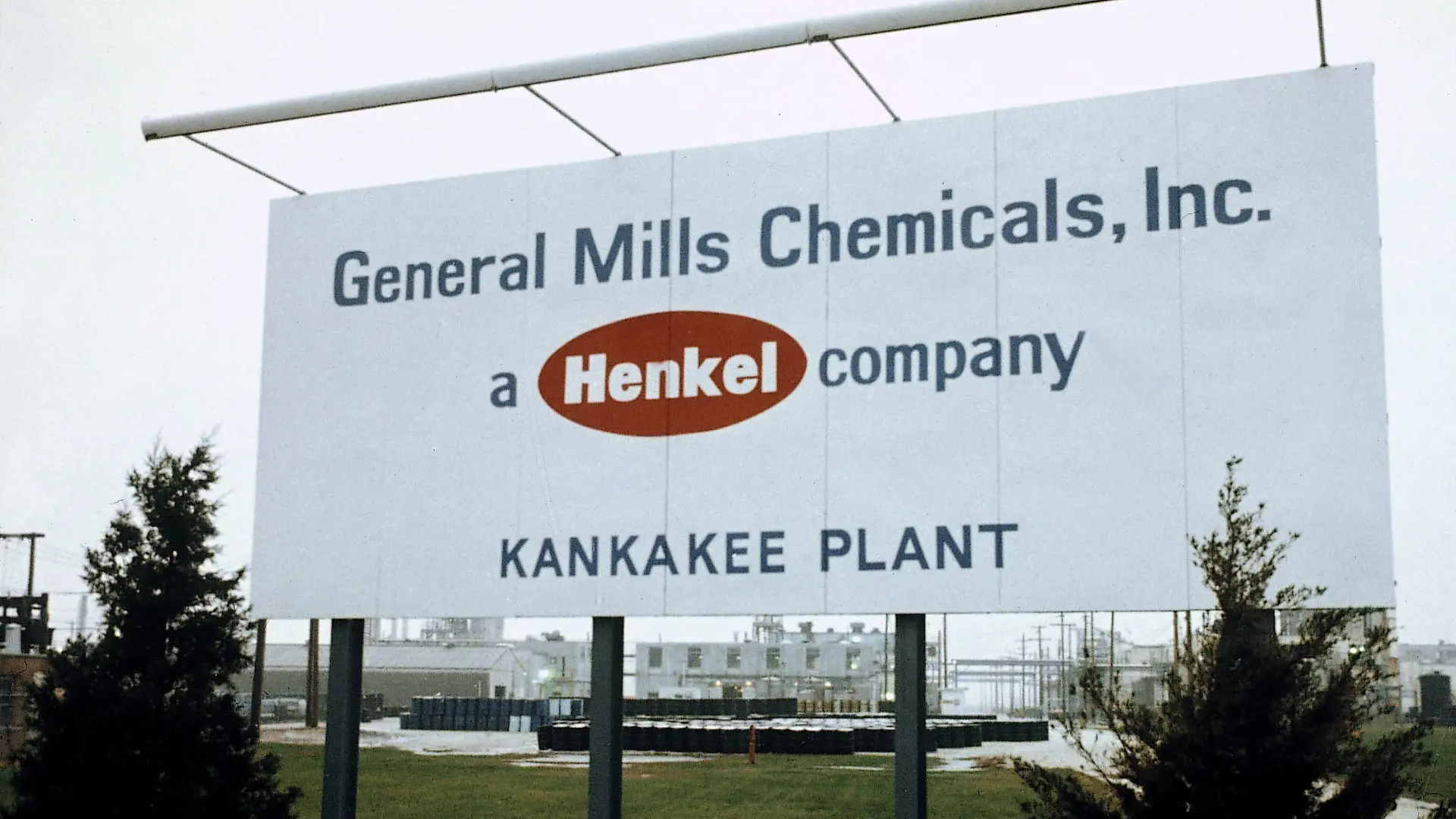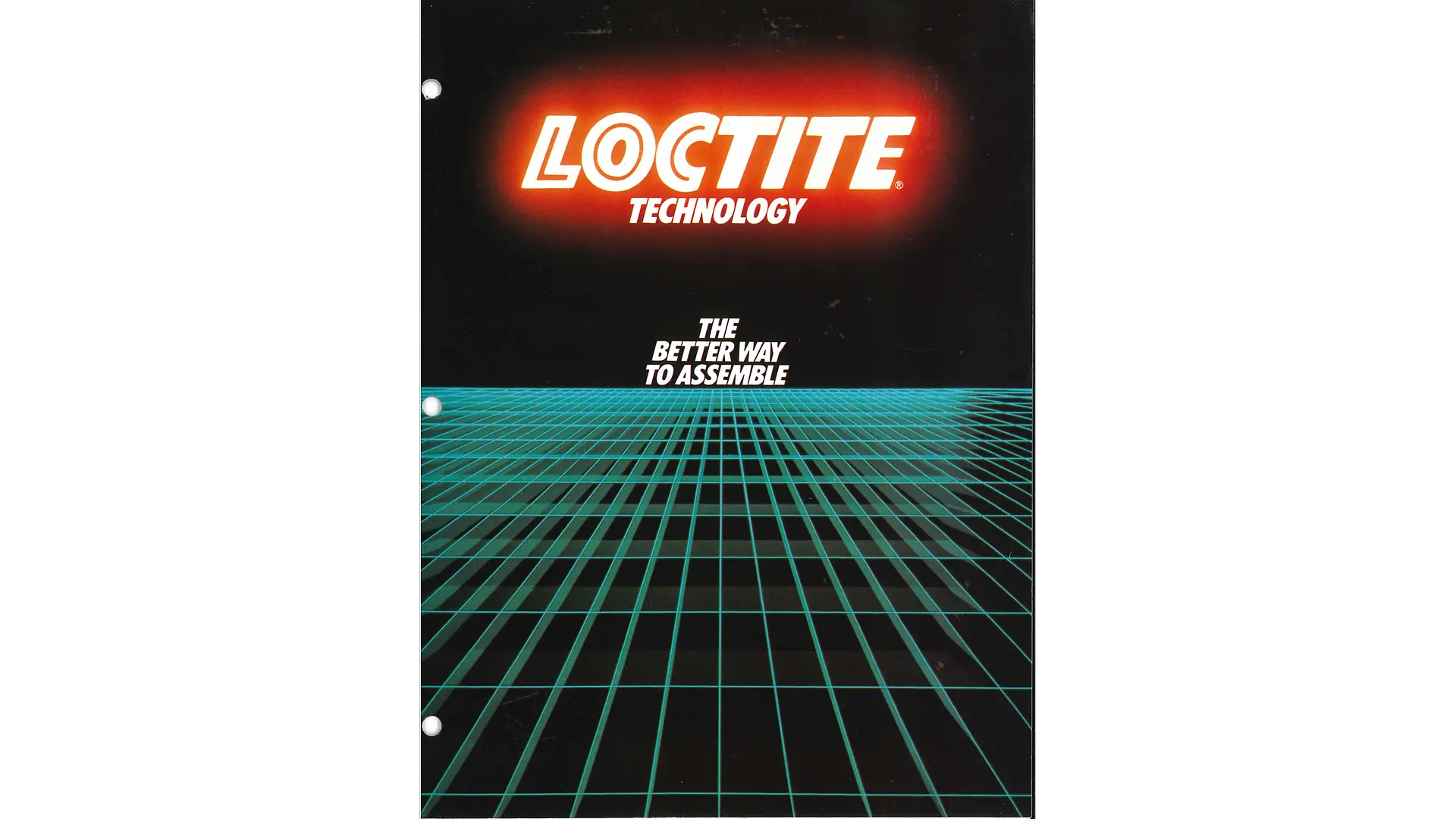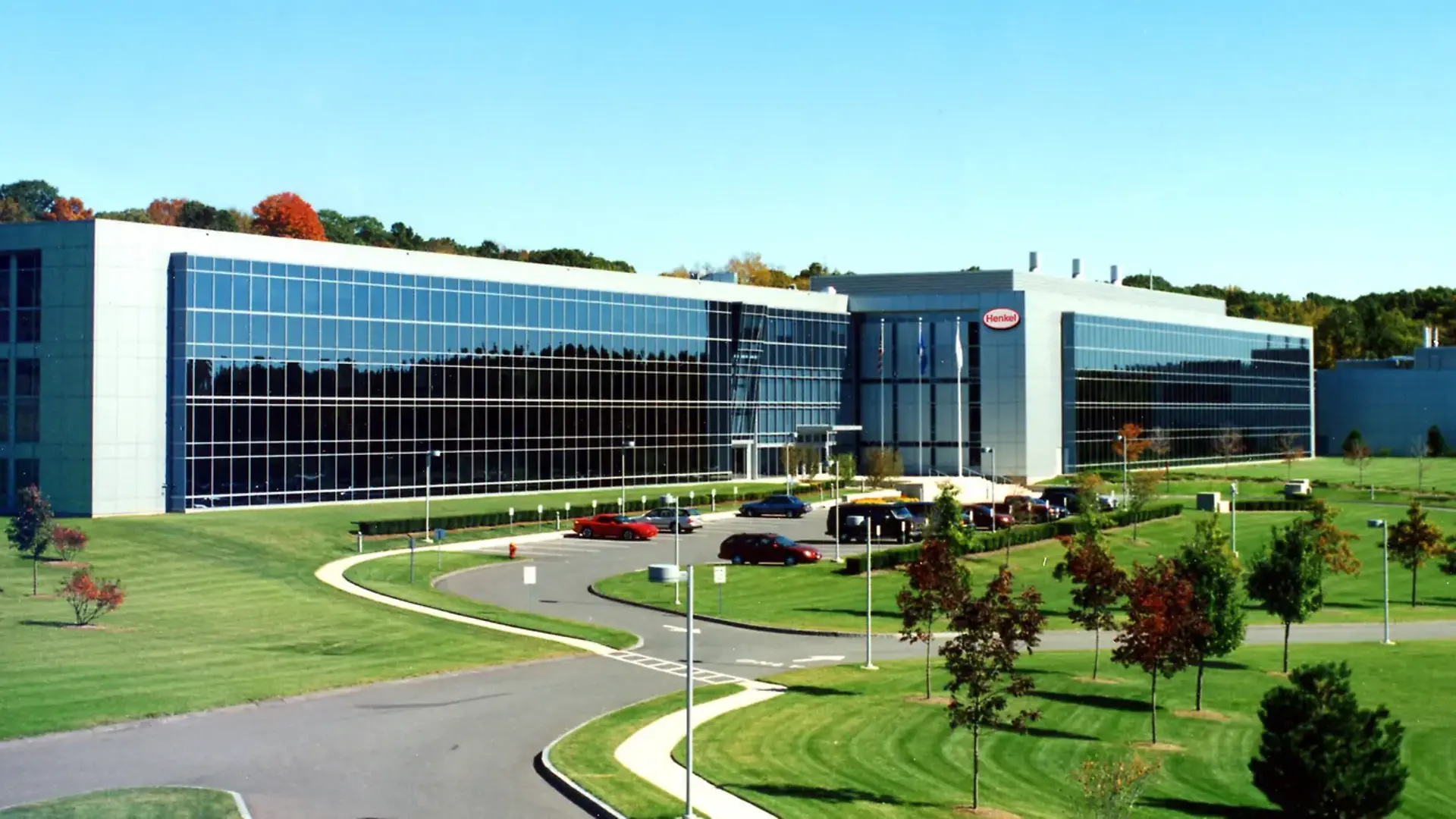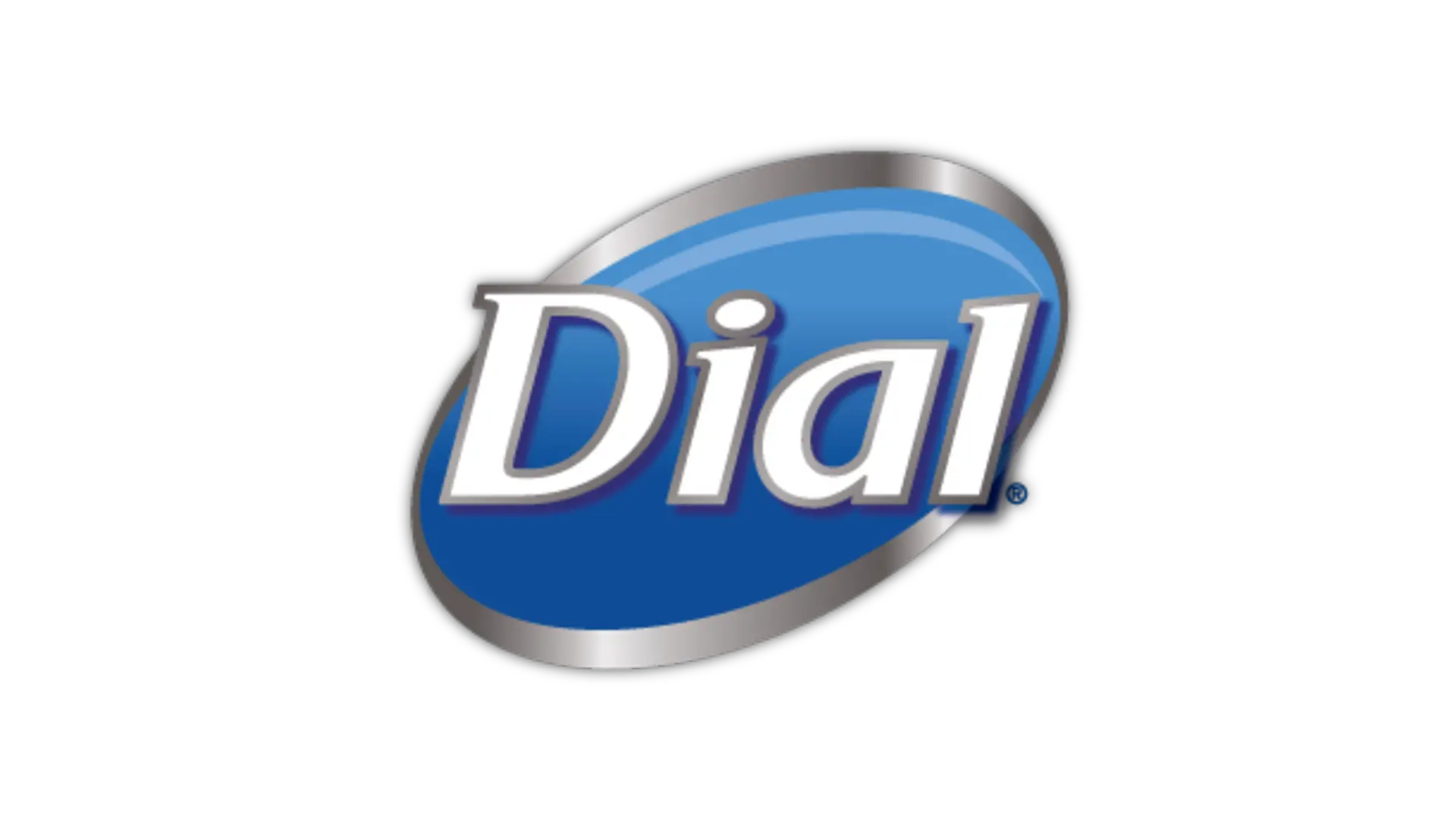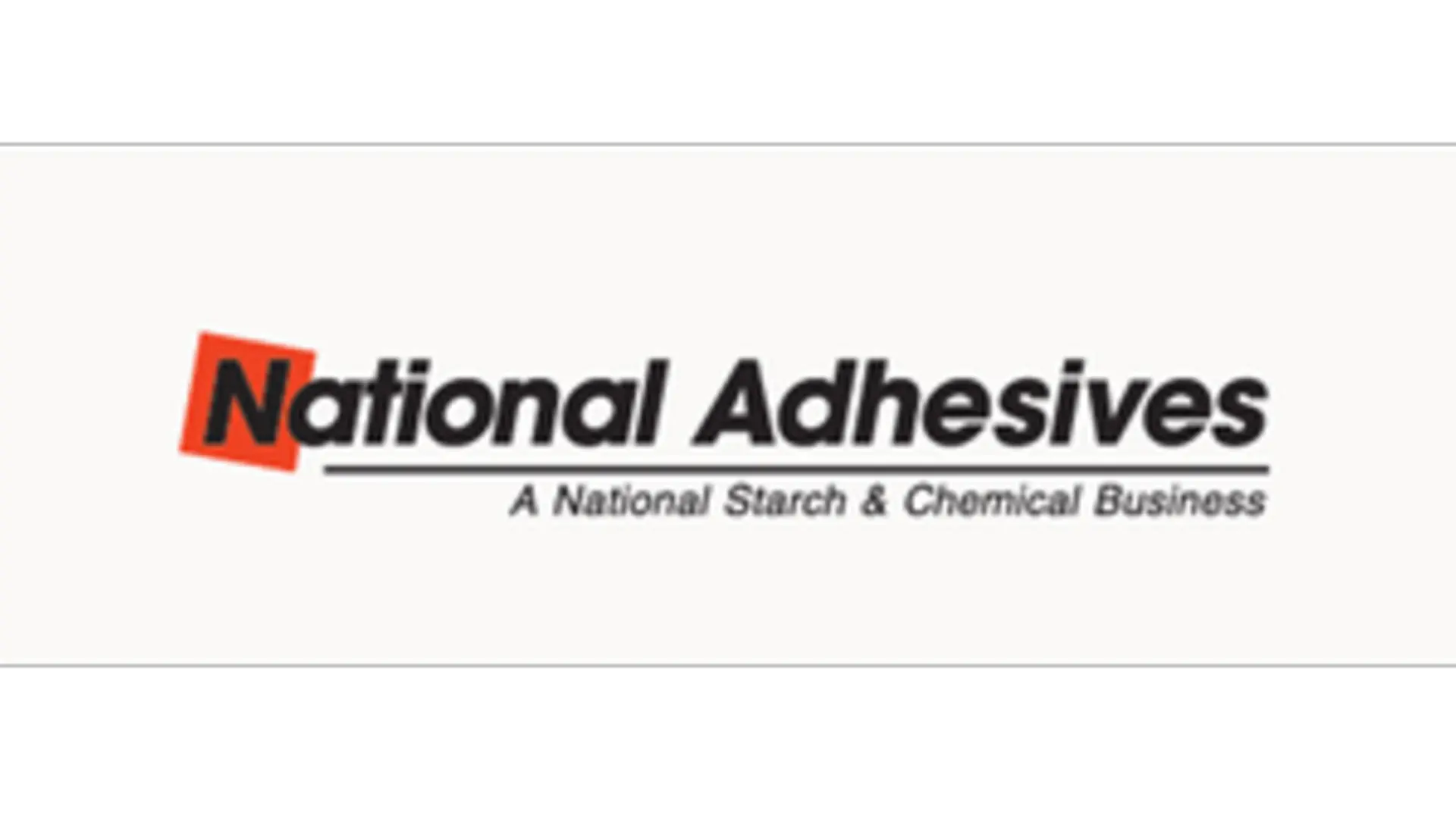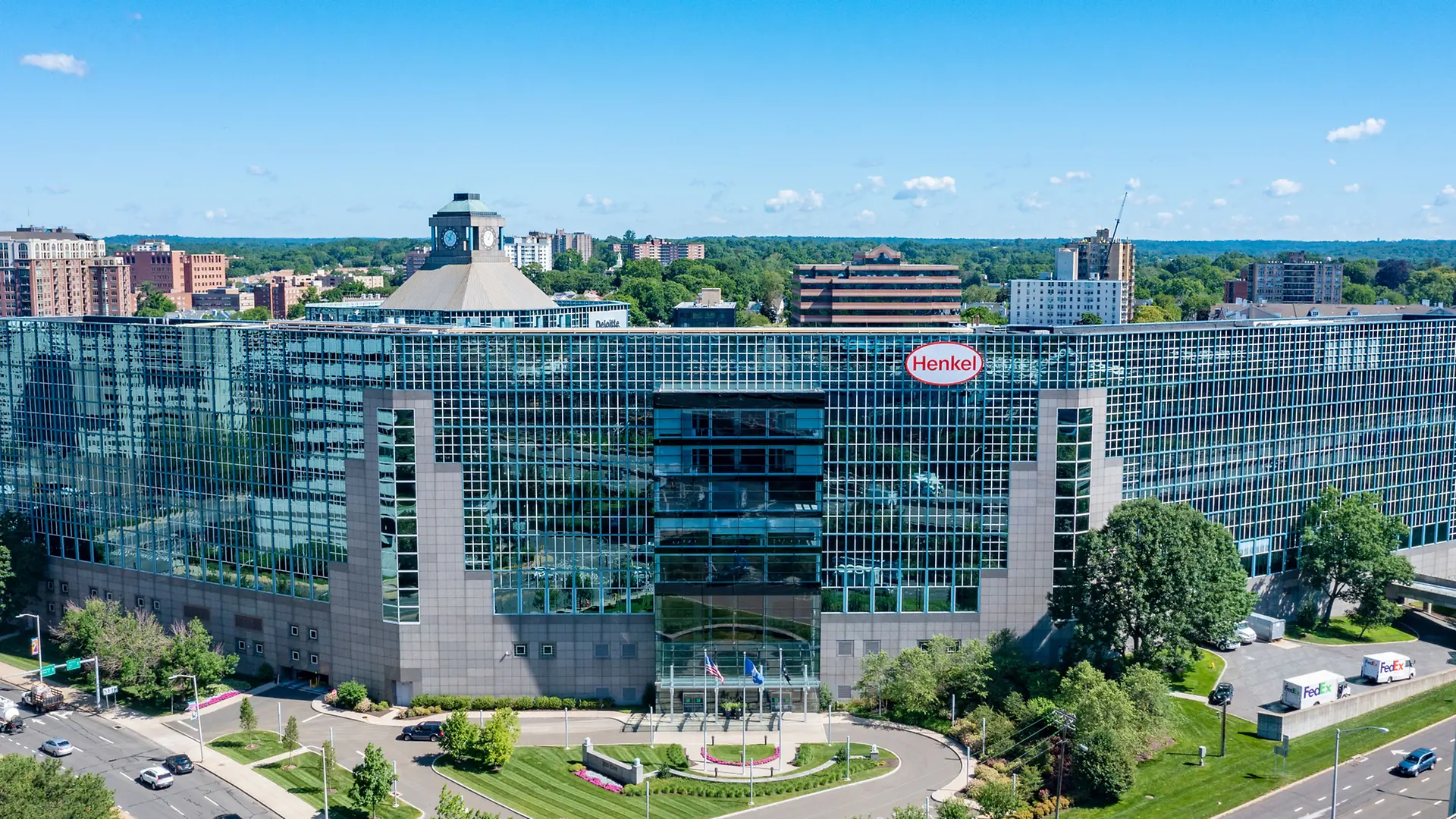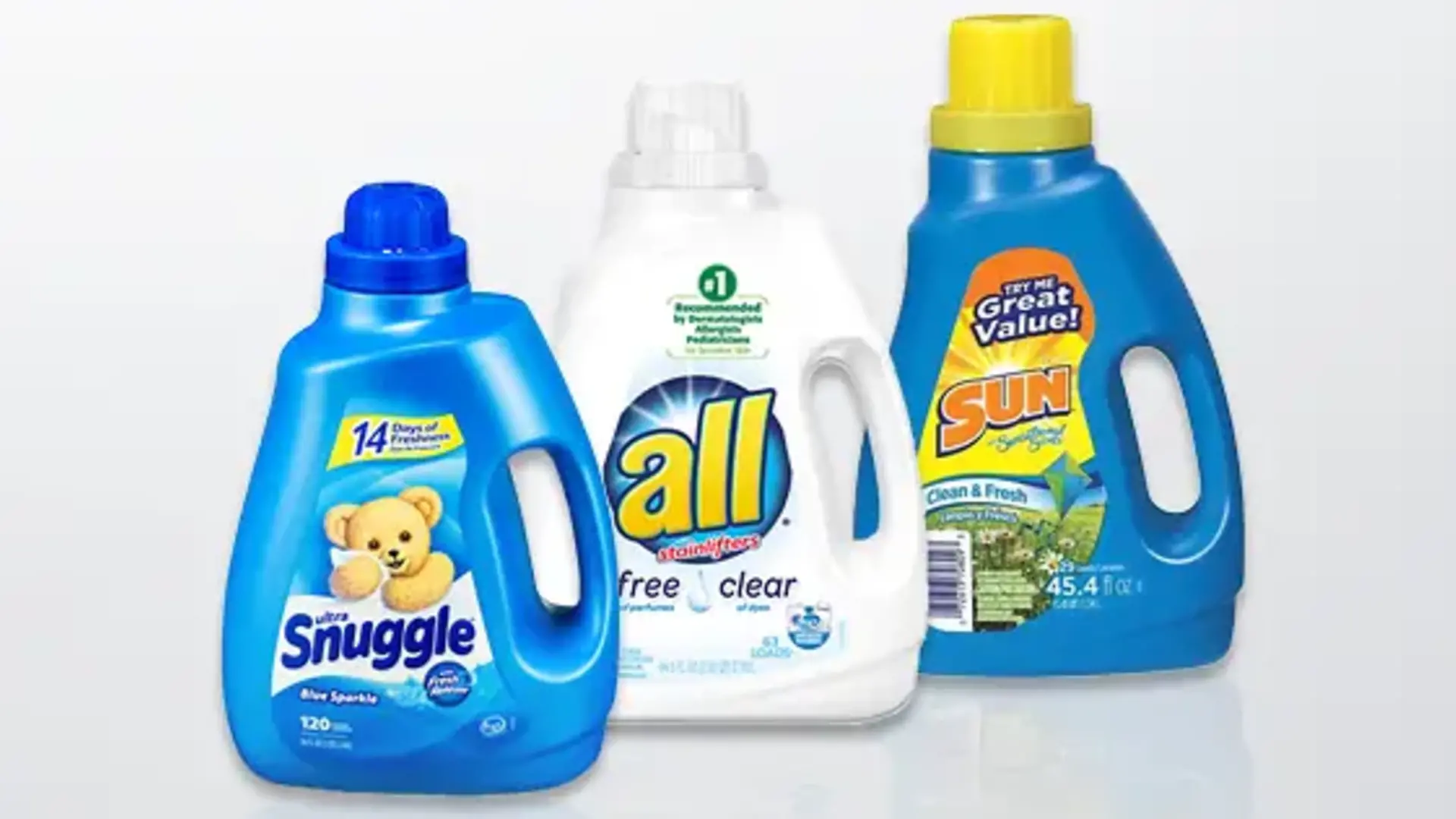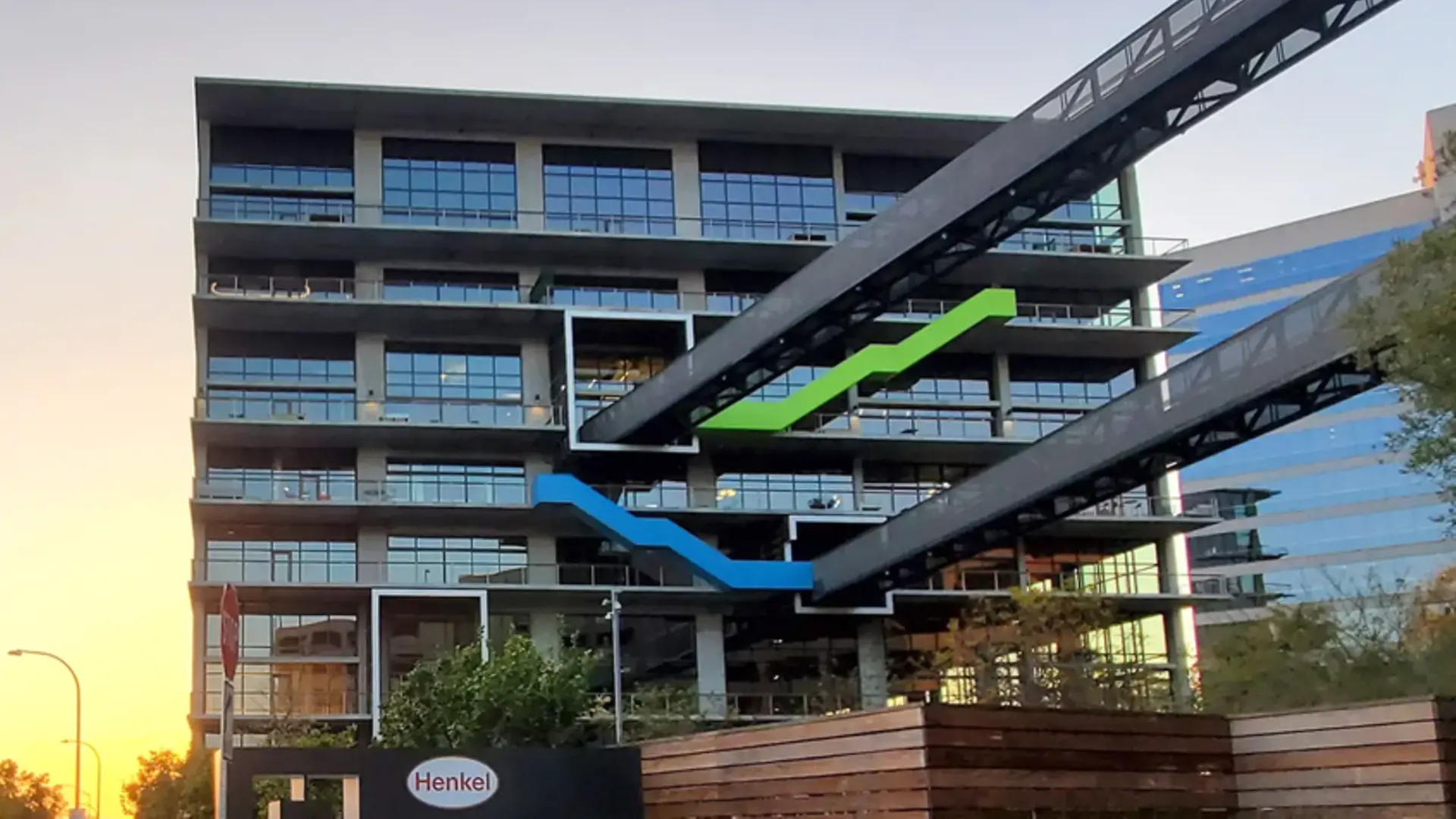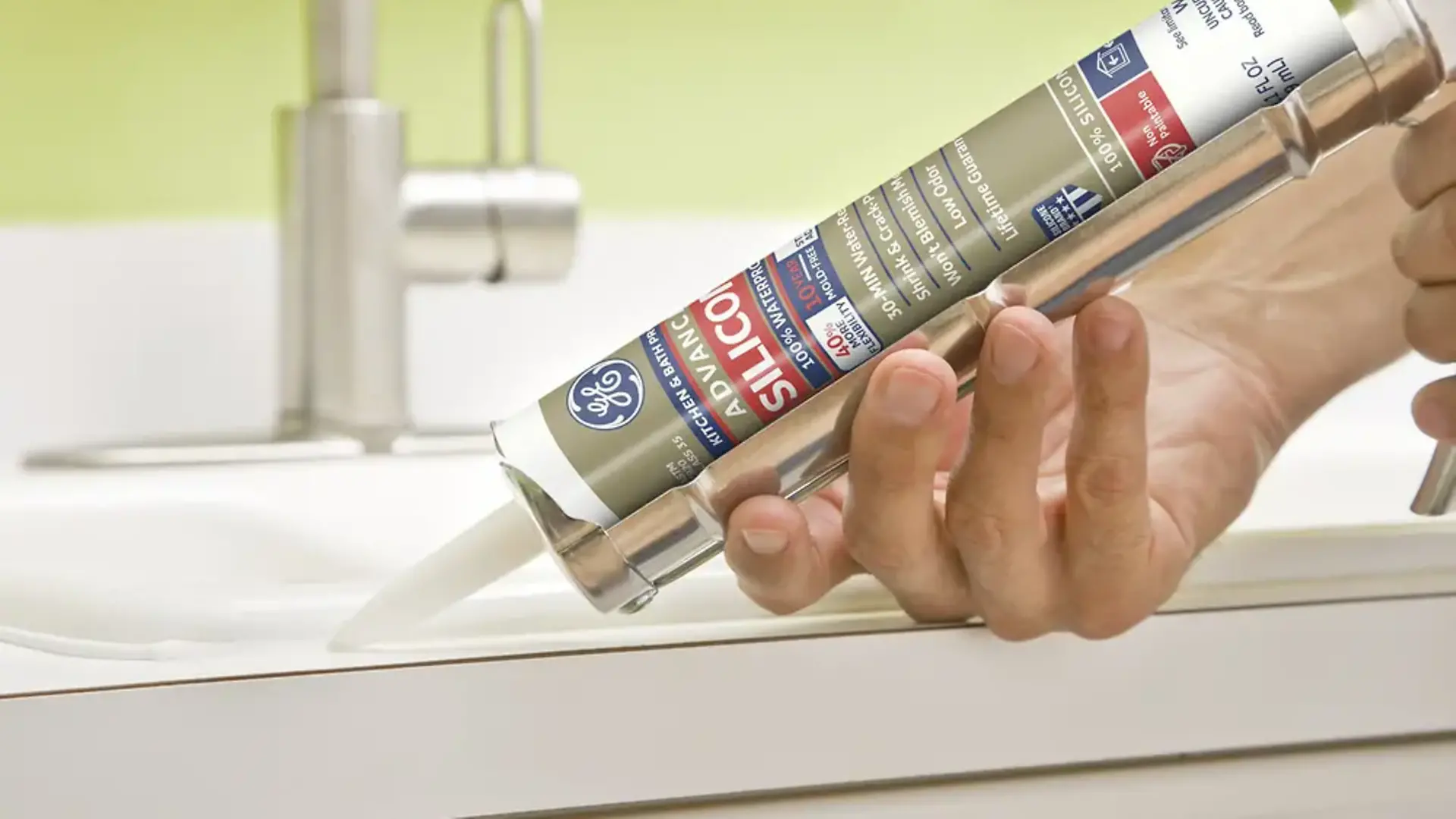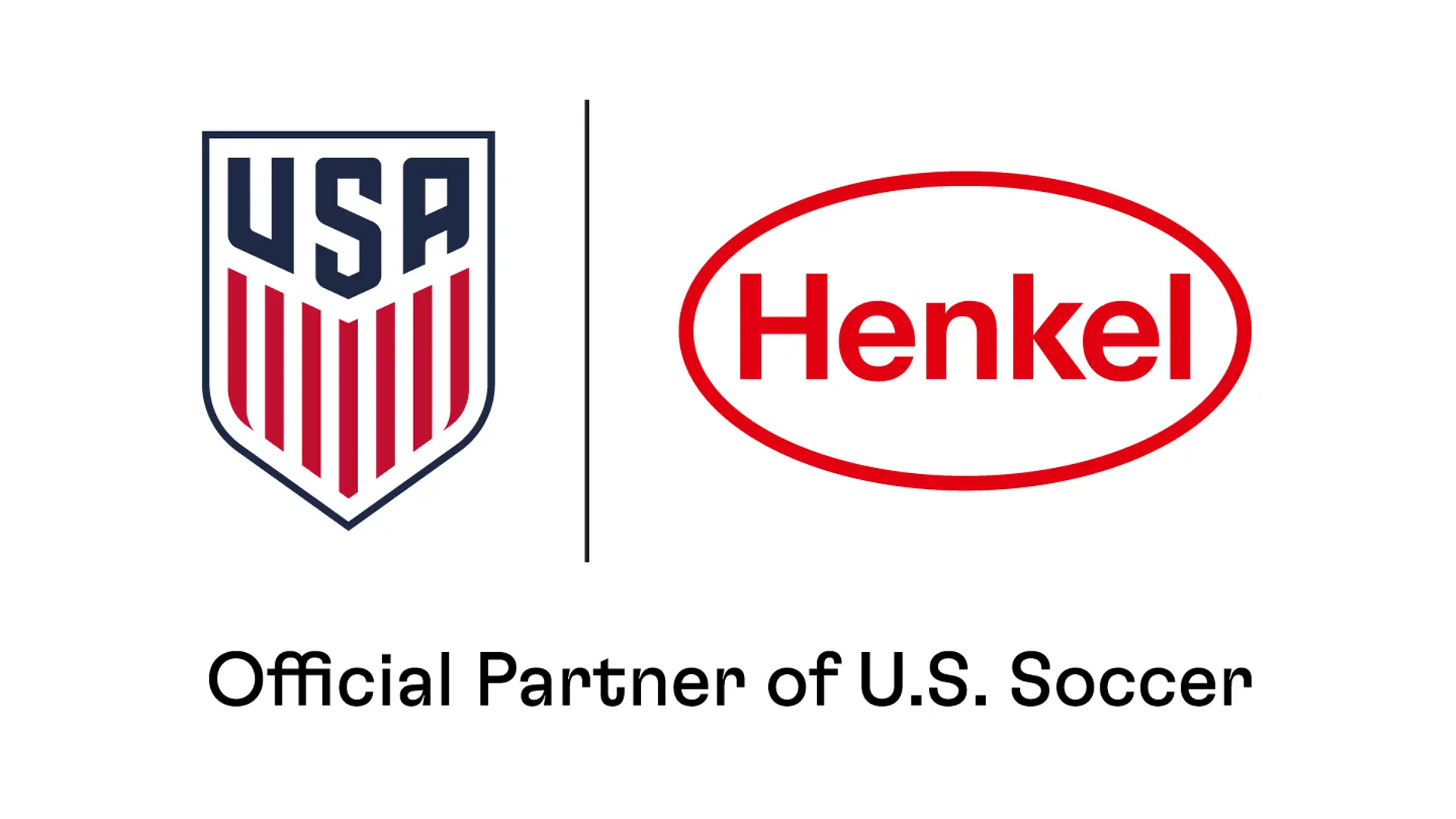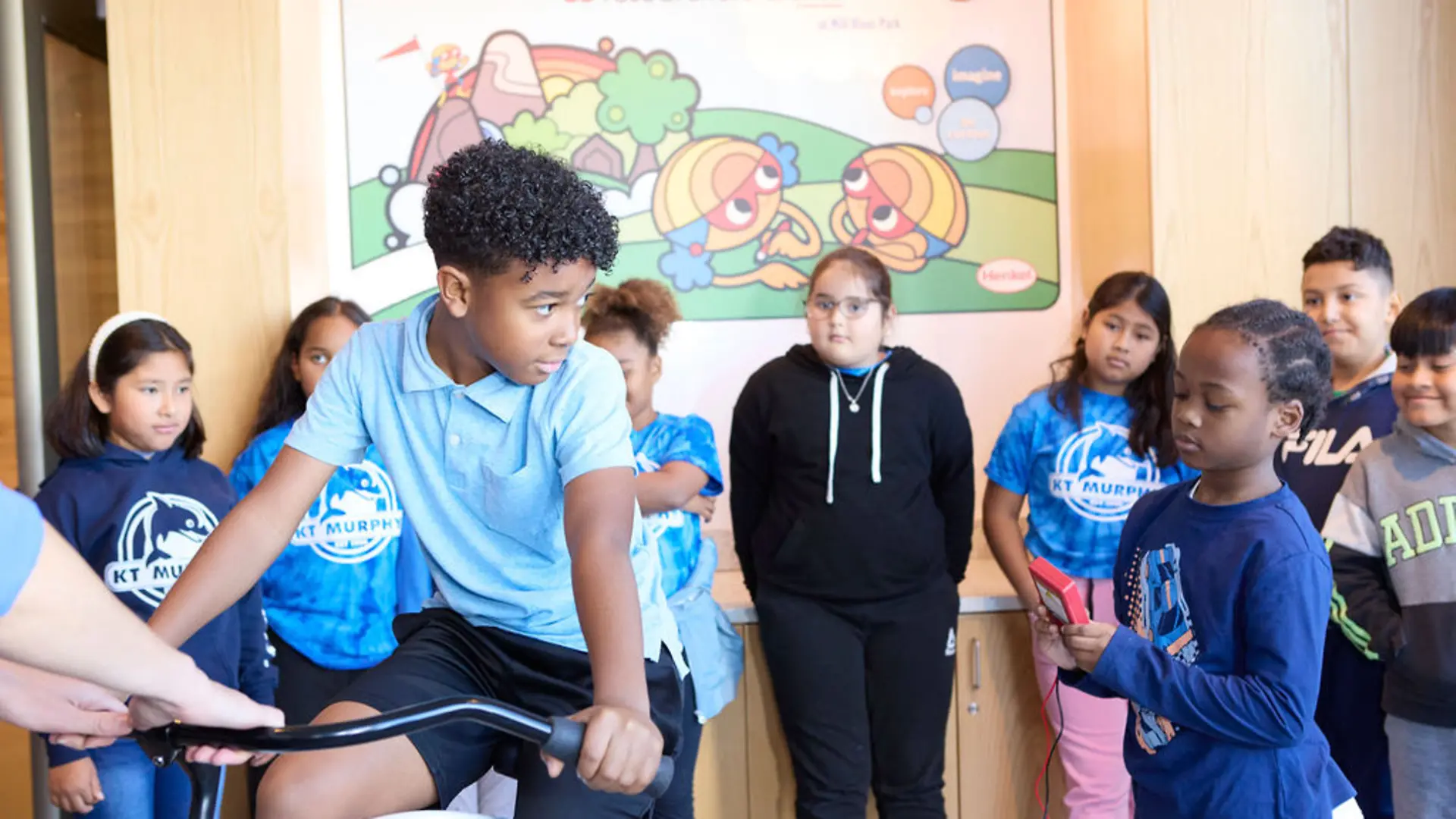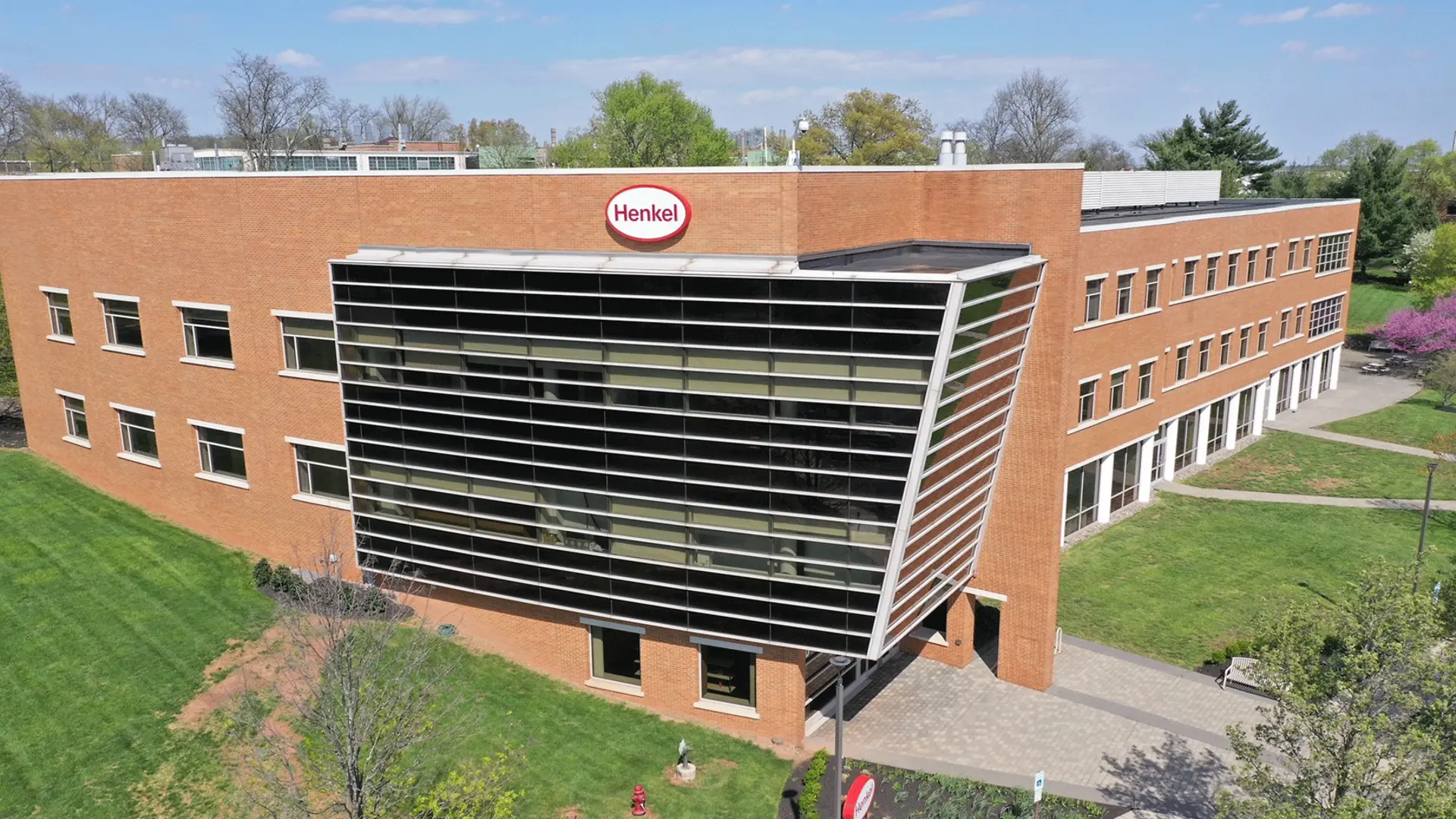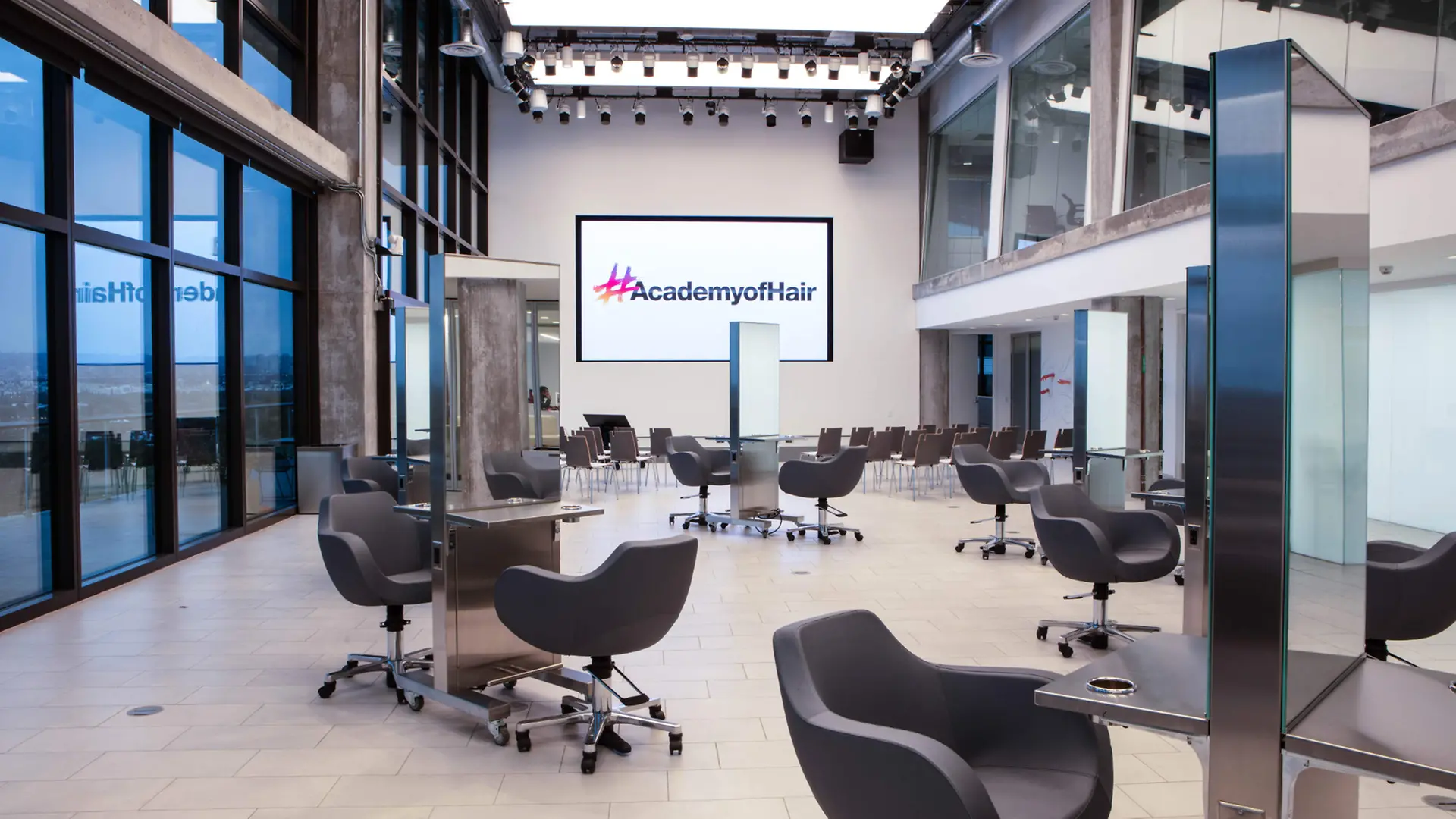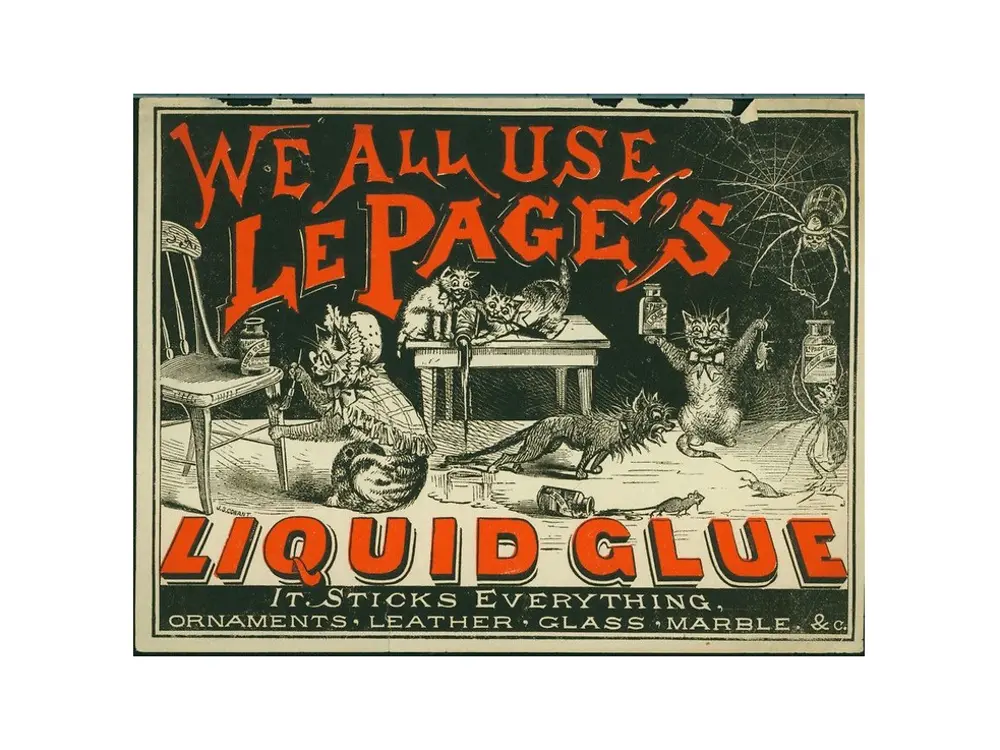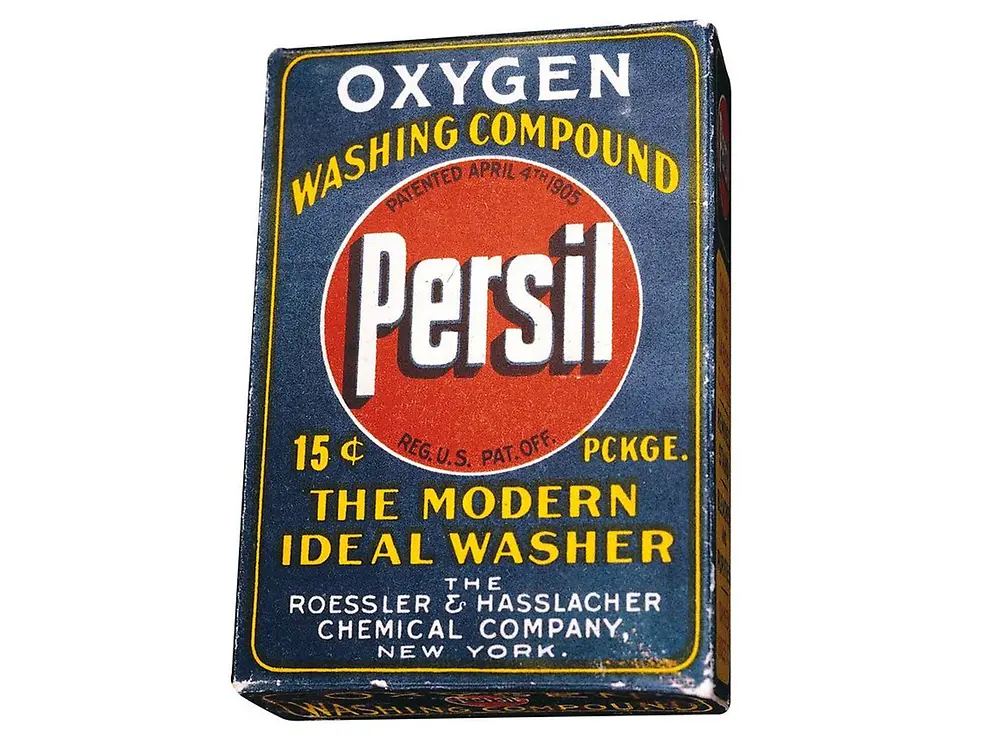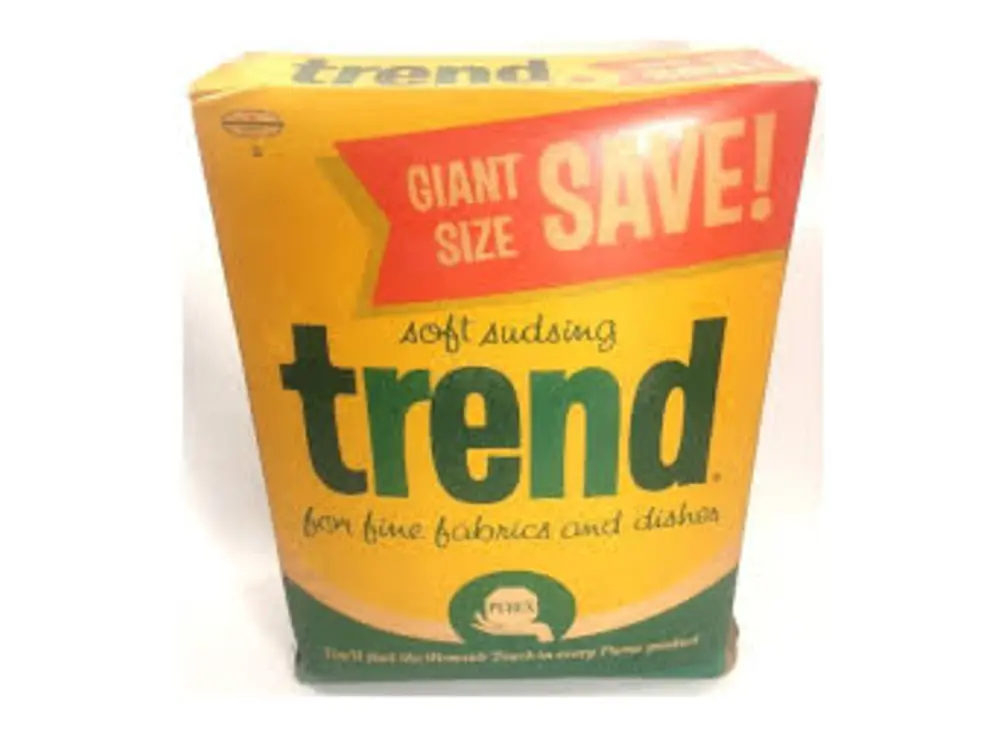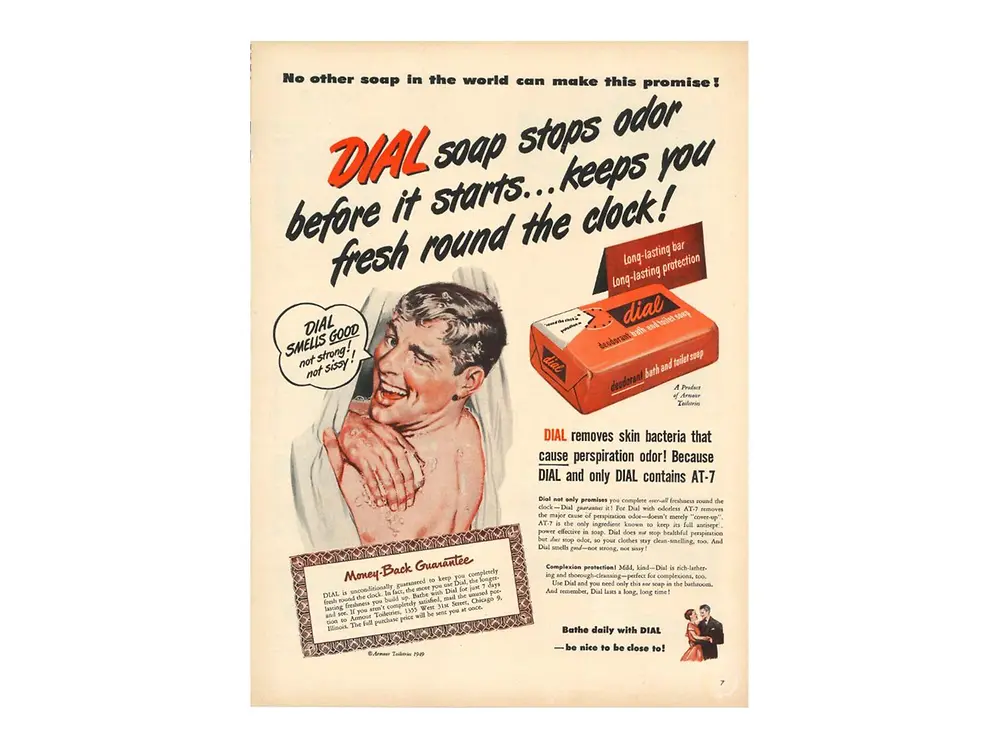In 2014, Henkel acquired three U.S. based hair professional companies: SexyHair®, Alterna®, and Kenra Professional®. Henkel continued to make key acquisitions in the hair professional category, with Zotos Professional®, Joico®, and PRAVANA® brands in 2017 and eSalon® and DevaCurl® brands in 2019. It opened a new site in Culver City, California in 2018 to serve as the North America Consumer Brands Professional headquarters.
In 2016, Henkel acquired The Sun Products Corporation, a major player in the North American laundry market, which brought well-known brands, such as all® laundry detergent and Snuggle® fabric softener, into Henkel’s portfolio. As a result of the acquisition, Henkel moved its North American Consumer Brands headquarters from Scottsdale, Arizona to Stamford, Connecticut.
From 2014 to 2017, Henkel further expanded its Adhesive Technologies business by acquiring The Bergquist Company, Darex Packaging Technologies, and The Sonderhoff Group, enhancing its capabilities in thermal management solutions for electronics, high-performance sealants, and foam systems.
